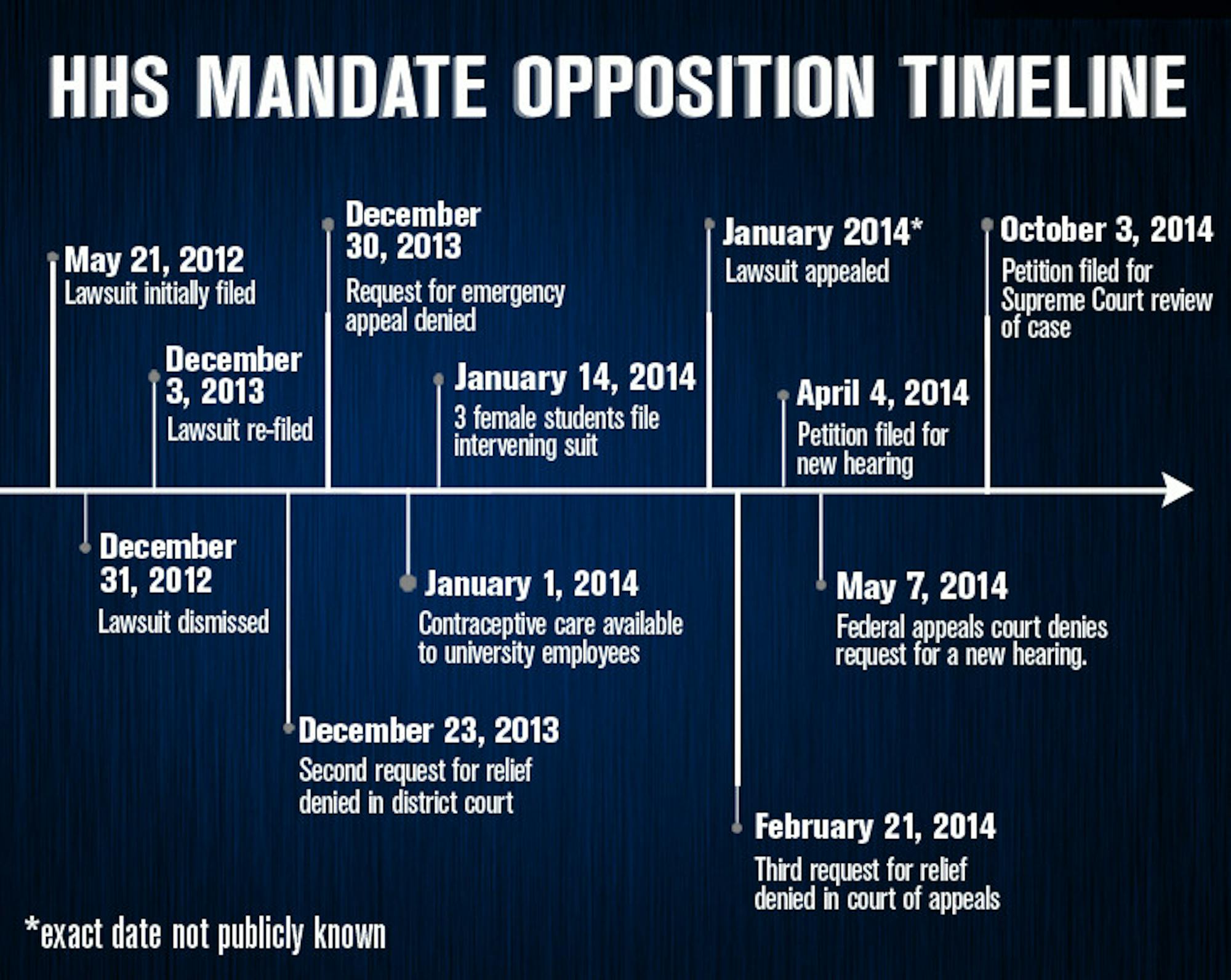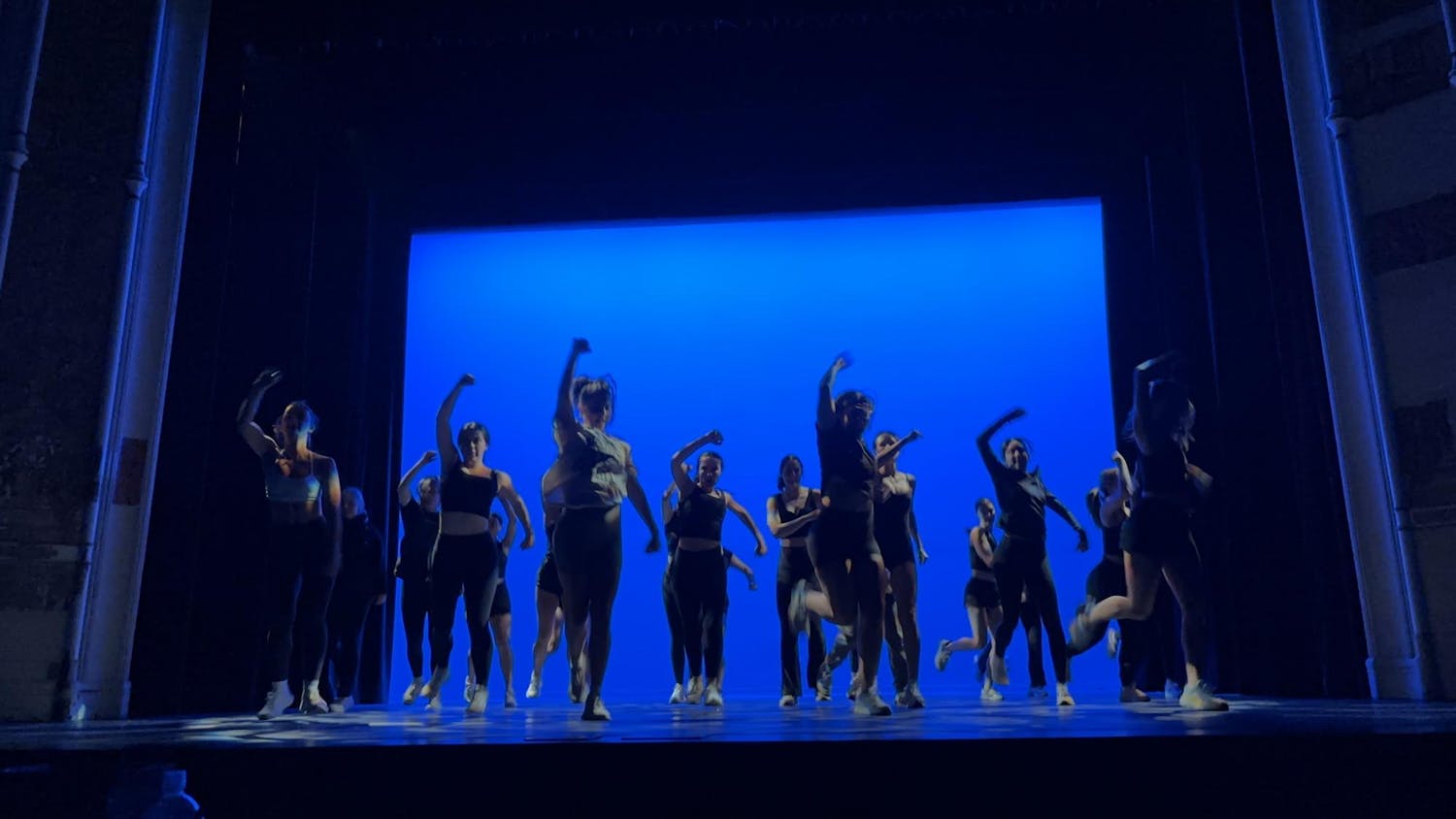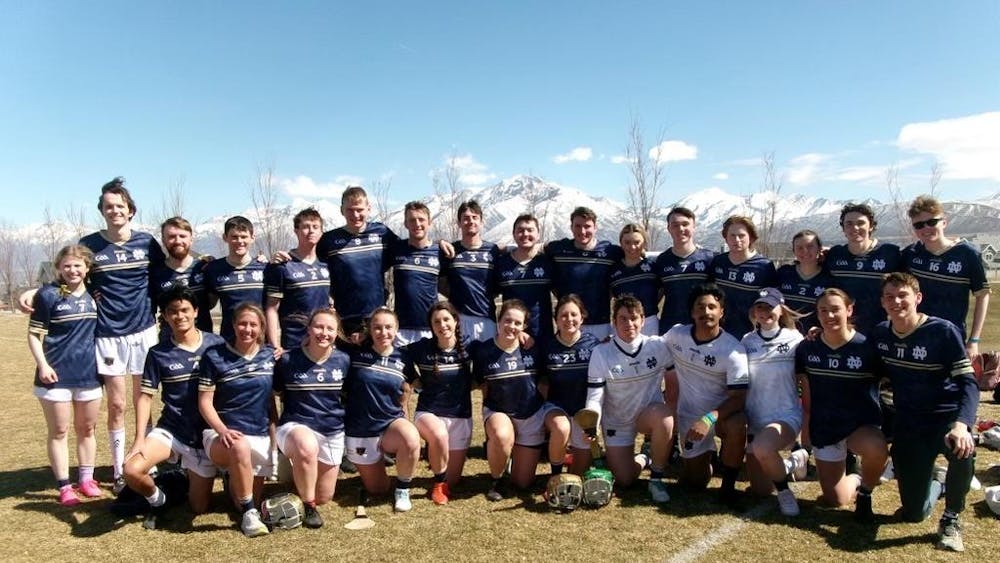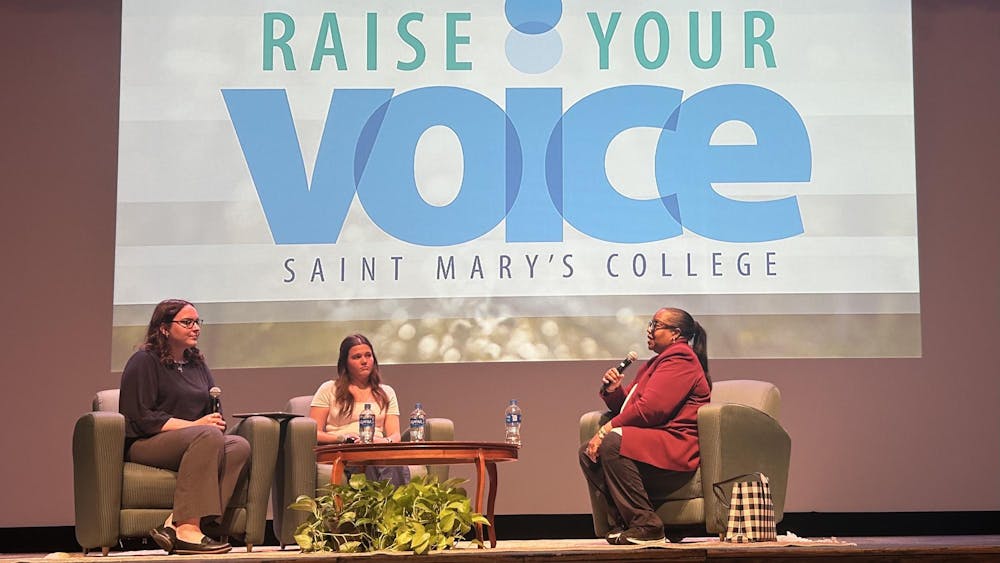In May 2012, Notre Dame filed its initial lawsuit for relief from Affordable Care Act’s contraceptive mandate.
Two years and four months later, after several rounds of denials and appeals, the University’s attorneys filed paperwork Friday asking the U.S. Supreme Court to review the case, citing the Court’s June ruling in favor of Hobby Lobby’s decision not to provide certain types of birth control in its health insurance plan.
“The University of Notre Dame … asked the U.S. Supreme Court, in light of its decision in Burwell v. Hobby Lobby Stores, Inc. to vacate an opinion of the U.S. Court of Appeals for the 7th Circuit and remand our case for consideration,” Paul Browne, the University’s vice president for public affairs and communications, said in a statement. “The 7th Circuit had denied Notre Dame’s request for a temporary restraining order regarding government-mandated contraceptive services.
“In [this] filing, Notre Dame continues to challenge the federal mandate as an infringement on our fundamental right to the free exercise of our Catholic faith.”
In the filing, attorneys Matthew Kairis and Noel Francisco wrote that “the lower courts declined to protect the University of Notre Dame du Lac from being forced to violate its religious beliefs by participating in a regulatory scheme to provide its employees and students with coverage for abortion-inducing products, contraceptives and sterilization.”
The petition argues that the 7th Circuit Court’s decision “cannot be reconciled” with the Supreme Court’s ruling on Hobby Lobby.
“Contrary to Hobby Lobby’s clear command, the 7th Circuit chose to conduct a lengthy analysis of whether Notre Dame was correct in its assertion that the actions it must take to comply with the accommodation would ‘make the University an accomplice in the provision of contraception, in violation of Catholic doctrine,” the petition states. “The 7th Circuit failed to appreciate that whether a particular action makes the University complicit in the provision of contraceptive coverage is a religious judgment, rooted in Catholic teachings regarding the permissible degree of entanglement in illicit conduct.”
The petition further argues that the accommodation allowing Notre Dame to provide the contraceptive coverage through Meritain Health still imposes “a substantial burden” since Notre Dame still has a religious objection to maintaining that contractual relationship.
“The government has effectively ‘poisoned’ the insurance market for Notre Dame, making it impossible to offer health coverage consistent with its religious beliefs,” the attorneys wrote. “Just as a Mormon might refuse to hire a caterer that insisted on serving alcohol to his wedding guests, or a Jew might refuse to hire a caterer determined to serve pork at his son’s bar mitzvah, it violates Notre Dame’s religious beliefs to hire or maintain a relationship with any third party that will provide contraceptive care to its plan beneficiaries.”
In June, Notre Dame law professor Rick Garnett told The Observer that Hobby Lobby was not yet technically eligible for the same accommodation as Notre Dame since it is a for-profit, nonreligious corporation. However, “it is still an open question whether the revised mandate violates the [Religious Freedom Restoration] Act as applied to Notre Dame and other religious employers.”
However, both Hobby Lobby and Notre Dame “are both entitled to invoke the [Religious Freedom Restoration Act]’s protections,” which was enacted by Congress to provide more generous accommodations to religious objectors than the Constitution requires, Garnett said.
In an essay published on the SCOTUS blog, law professor and director of Notre Dame’s Center for Ethics and Culture O. Carter Snead wrote that the Supreme Court’s Hobby Lobby decision “follows from the most natural and straightforward reading of [the Religious Freedom Restoration Act], given both its text and the jurisprudence in which it is situated.”
The attorneys’ argument in the petition concurs with Snead’s analysis of the accommodation in his essay.
“The accommodation in this context forces the religious employer to say ‘no’ in a manner that functions as a legally operative ‘yes,’” Snead wrote.













